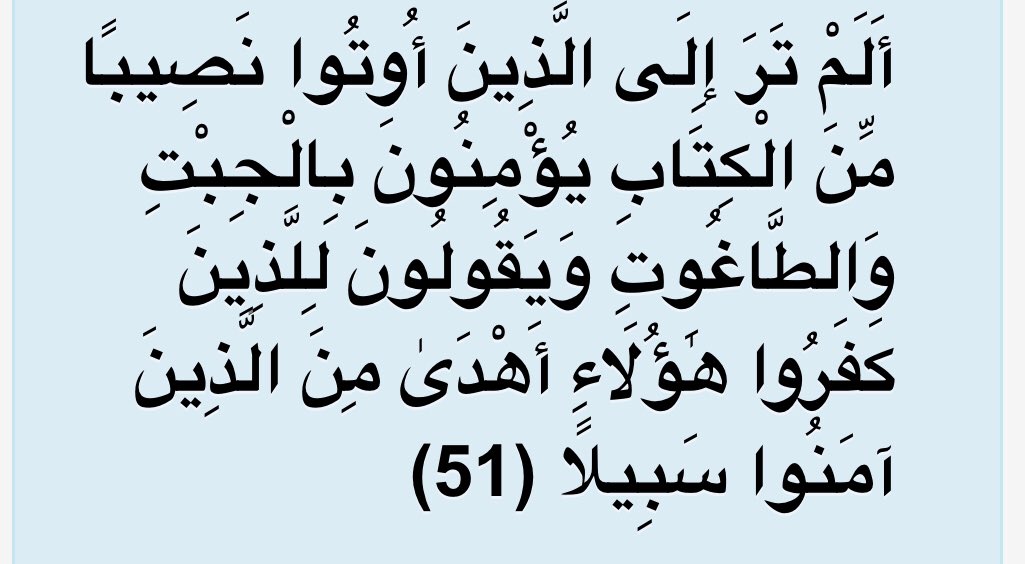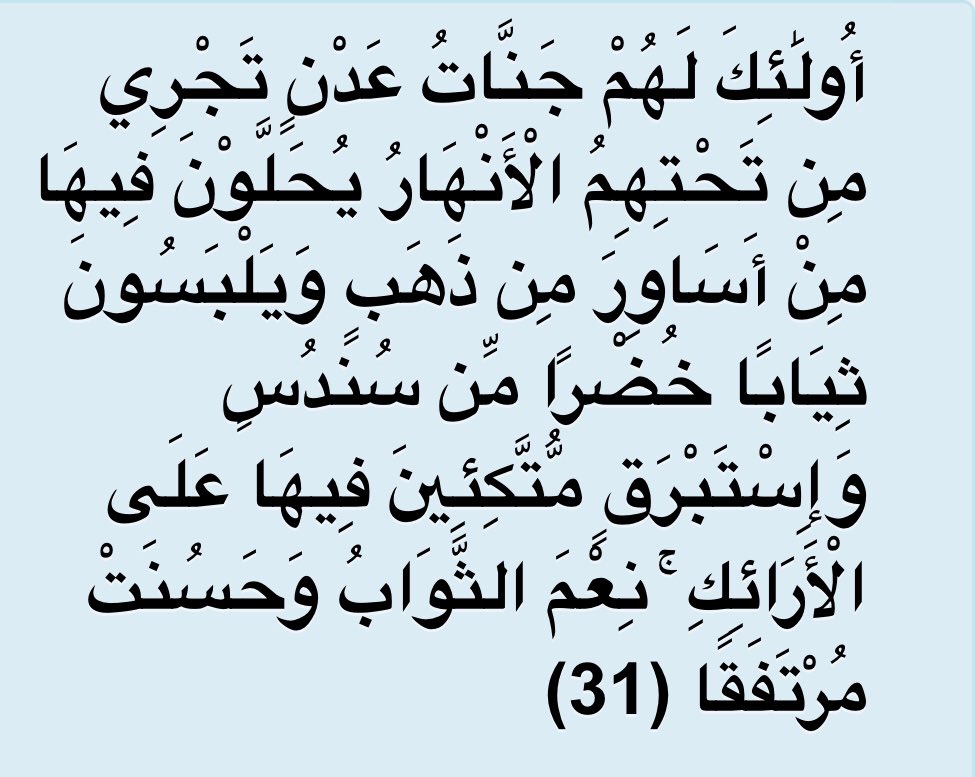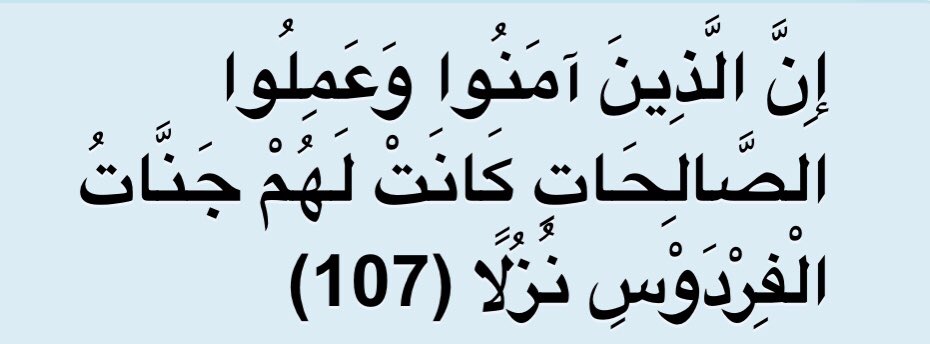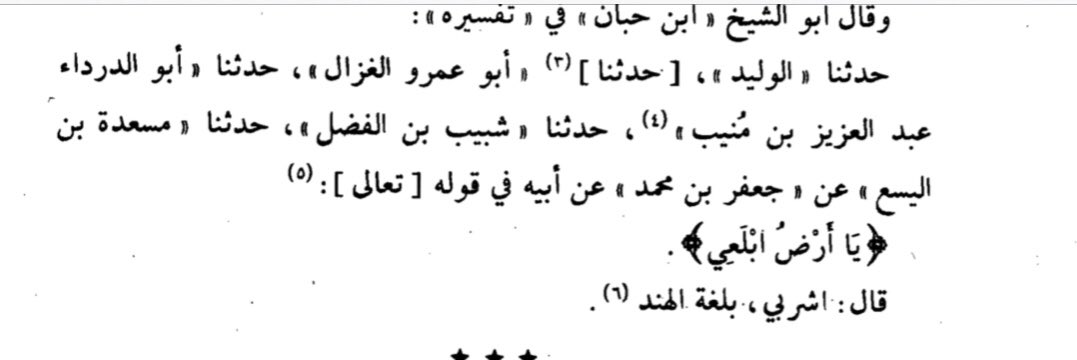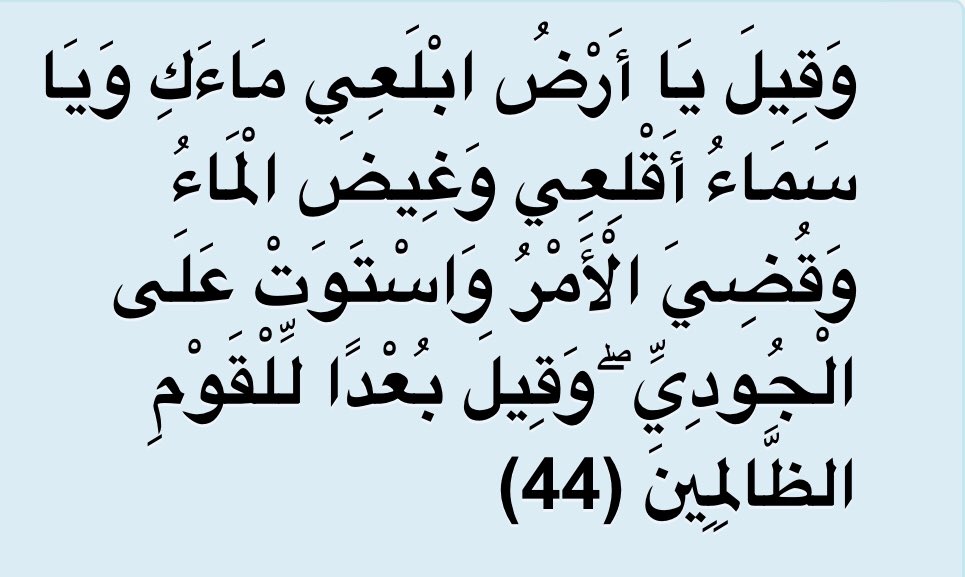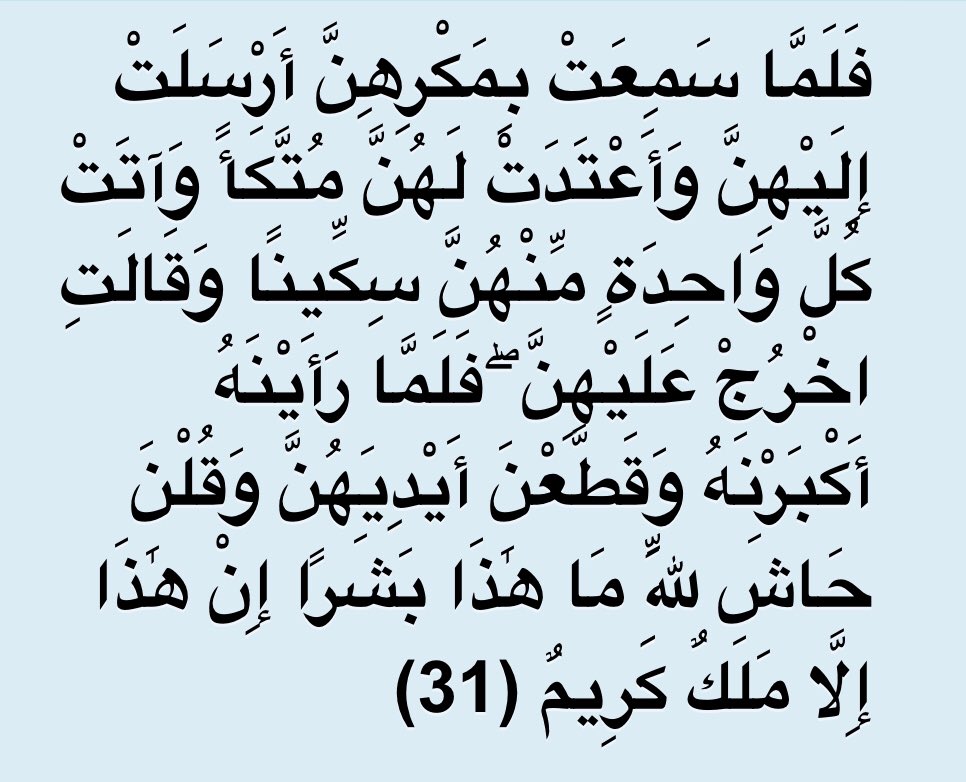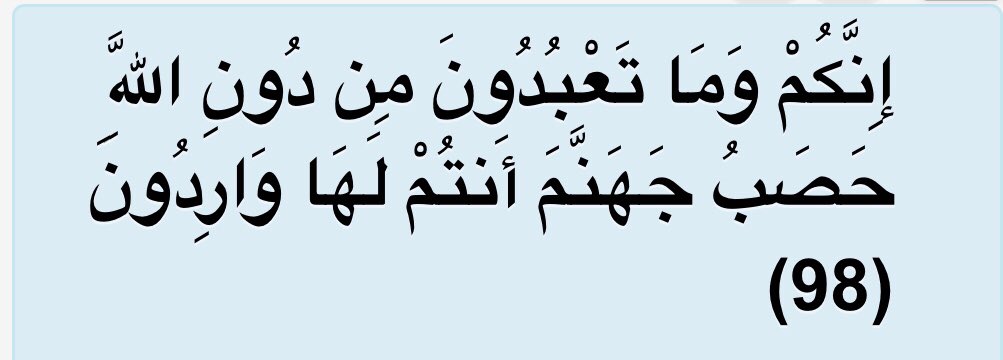Long before Christoph Luxenberg, medieval Muslim authorities compiled lists of foreign vocabularies in the Quran. The Quran contains words from Ethiopian, Persian, Indian, Turkic, Nabatean, Syriac, Coptic, Hebrew, Greek, and Berber, and Abyssinian origin. A thread. 1/
Writing in the late 1400s AD Jalal al-Din al-Suyuti (d. 1505) provides us with a neat list medieval authorities who attested to the presence of foreign vocabularies in the Quran 2/
Let’s start with Ethiopian vocabularies, which is rendered اللغة الحبشية (which could perhaps also be rendered as Amharic አማርኛ) 3/
In Quran 4.51 the word جبت is an ancient Ethiopian name (or image) of the devil, while طاغوت stands for diviner or type of seer, according to hadith critic and exegete Ibn Abi Hatim (d. 938) who cited the authority of Ibn ‘Abbas. 4/
Another of many Ethiopian vocabularies in the Quran is the word سكراً found in Quran 16.67. In his exegesis al-Tabari attributes an exegesis to Ibn ‘Abbas who said سكراً is Ethiopic for vinegar. 5/
Most interestingly, however, is the exegesis of يٓس the name of thirty-sixth chapter of the Quran. Both al-Tabari and Ibn Abi Hatim attribute a reading to Ibn ‘Abbas that renders يٓس as Ethiopic vocative O, as in “O, man” 6/
How about the Persian vocabularies in the Quran? The most notable candidate is the word استبرق which occurs 4 times in the Quran, e.g. 18.31. The Successor al-Dahhak (d. 724) says the word is from Persian ستبر for “thick” (hence “thick silk” in Quran) 7/
And what of Greek vocabularies in the Quran? The word الفردوس (for example, Quran 18.107) is of Greek origin, according to the early exeget Mujahid (d. 722), possibly deriving from παράδεισος (paradeisos) (and perhaps mediated via Persian. 8/
Another interesting Greek term in the Quran is الصراط usually rendered the “path”. Al-Suyuti cites Ibn al-Jawzi (d. 1209) who said the word comes from the Greek for “path”. 9/
It seems that the early Muslims were indeed confused about the spelling of “path” in Arabic. Some rendered it سراط, others زراط. It seems that the Arabic was mediated by Syriac ܐܣܛܪܛܐ (sirata) from the Greek στράτα. 10/
Are there Indian vocabularies in the Quran? Medieval Muslim authorities cite a few examples. Al-Suyuti recalls an exegesis of Ja’far al-Sadiq (d. 765) who narrates from his father Muhammad al-Baqir (d. 733) that ابلعي in Quran 11.44 is Indian for “consume” or “drink” 11/
There’s quite a few words of Syriac loanwords in the Quran. Let’s recalls one notable example. The term الربانيون in Quran 3.79 is a Syriac loanword according to multiple medieval Muslim authorities. It’s from the Rabbinic רבנים (rabanim) that Syriac ܪܒܝ (rabi) derives. 12/
Likewise we’ll limit ourselves to one example of Hebrew loanwords in the Quran. In the view of Ibn Abi Hatim the word كفر in Quran 47.2 (and elsewhere) is a Hebrew loanwords. Presumably, k-f-r is from Hebrew כפר meaning “to cover or conceal” 13/
How about Nabatean loanwords in the Quran? The most obvious example is طور سينين in Quran 95.2. Some medieval Muslim aturbories made clear that the words are Nabatean. The word اسفارا too is Nabatean for “book”, as well as الحوارين a 14/
What of Coptic loanwords in the Quran? In Quran 12.31 the word متكأً is a Nabatean calque meaning citrus fruit, according to Mujahid, the early Muslim exegete. 15/
As for Turkic loanwords in the Quran, medieval authorities cite one example. In Quran 78.25 the word غساقاً is Turkic for something cold and rotten. 16/
And there appears to be one Abyssinian claque in the Quran, according a reading attributed to Ibn ‘Abbas. The word حصب in Quran 21.98 is Absyinnian for firewood. 17/

 Read on Twitter
Read on Twitter
